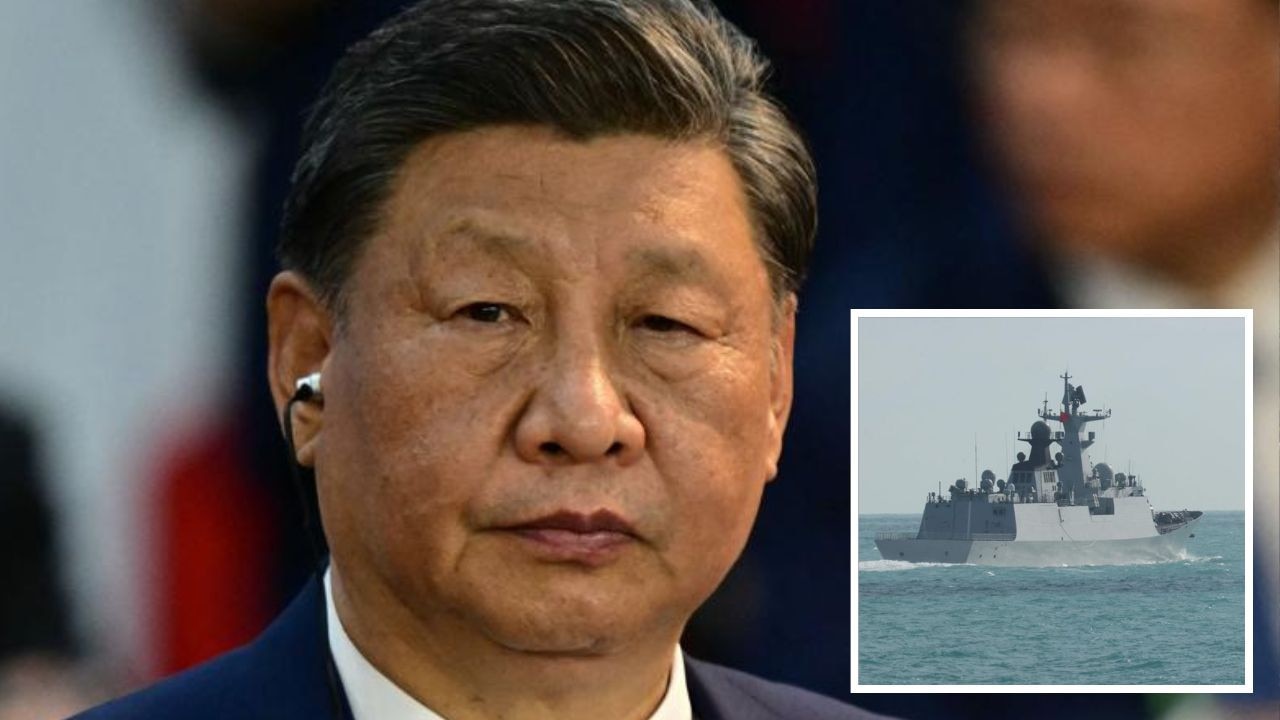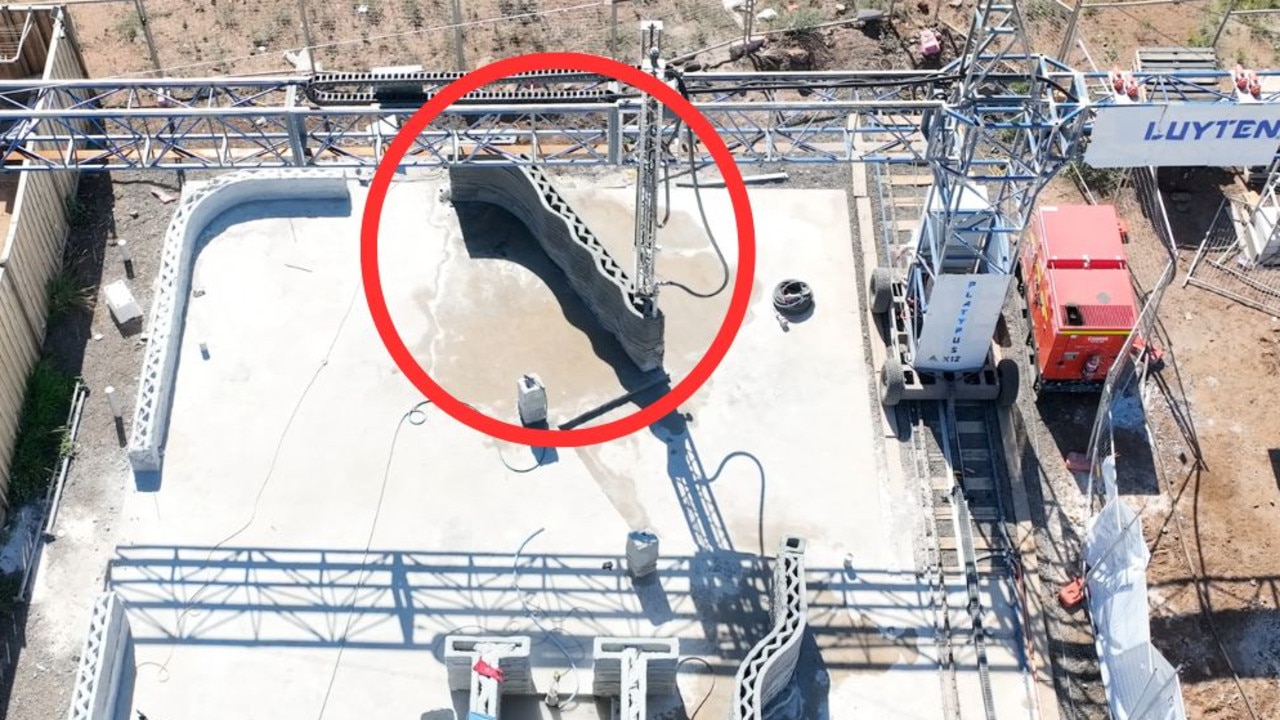The butterfly effect of Wagner group’s failed mutiny has severe implications for Russian influence abroad
The recent revolt in Russia has laid bare a mounting problem facing Vladimir Putin, who now has more than just the Ukraine war on his hands.
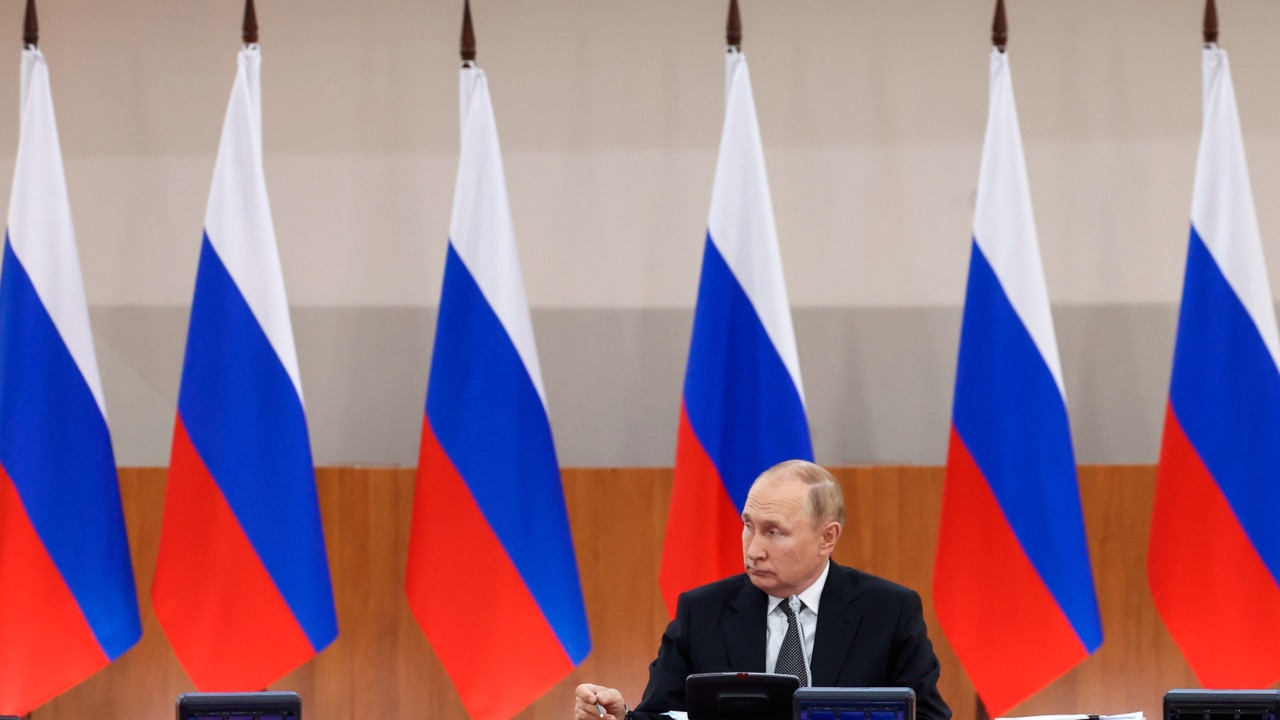
Innovation
Don't miss out on the headlines from Innovation. Followed categories will be added to My News.
The recent revolt led by Yevgeny Prigozhin, the head of the notorious Russian mercenary group Wagner, has raised significant uncertainties about the future operations of the organisation in distant regions.
For years, Wagner has been viewed as a formidable tool of Moscow’s influence, particularly in Syria and Africa, acting as an armed extension of the Russian government in various conflict-ridden areas.
However, with Prigozhin seeking refuge in Belarus, the fate of Wagner’s endeavours in exploiting natural resources and supporting anti-Western regimes hangs in the balance.
Analysts are now wondering whether the Kremlin will permit the power dynamic to persist if both Prigozhin and Wagner are stationed in Belarus.
Michael Shurkin, the director of programs for the Africa-focused consulting firm 14 North, aptly observes that Russia might deem Wagner‘s actions in Africa as valuable, serving both Russian interests and their own agenda.
However, this development undoubtedly spells bad news for the governments of Mali and the Central African Republic, as their reliance on Wagner’s support could be jeopardised.
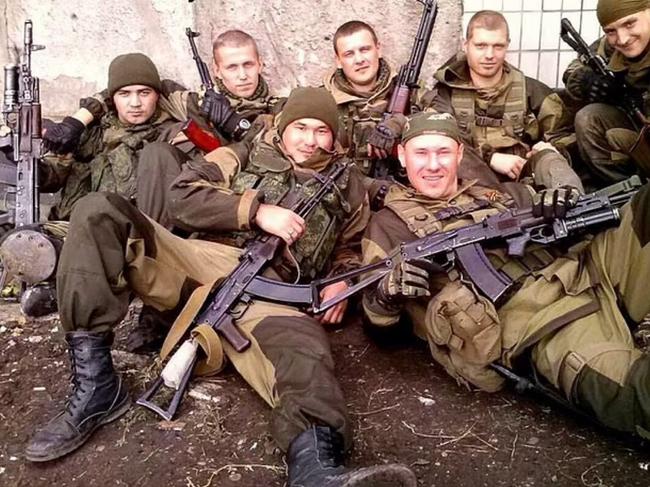
Nevertheless, it is plausible that Prigozhin and Vladimir Putin thoroughly discussed the matter before deciding that the mercenary leader should seek exile instead of facing charges related to the mutiny.
Wagner heavily relies on the Russian defence ministry for the provision of troops, equipment, and weapons in its operational theatres. Likewise, Moscow depends on Wagner to maintain control over the troubled regions where the group operates, actively undermining Western influence.
In Syria, Wagner‘s mercenaries, comprising individuals from Russia, former Soviet republics, and Syria, have reportedly acted as “special forces” alongside Russia’s regular army since Moscow’s intervention in the civil war in 2015. According to the Syrian Observatory for Human Rights, though in smaller numbers, Wagner’s presence persists near oil wells and in the provinces of Hama and Latakia.
The presence of Wagner fighters has also been detected in African countries such as Libya, Mozambique, Sudan, and Mali. In Mali, the junta claims to employ only “Russian instructors,” while in the Central African Republic, a Wagner executive oversees President Faustin Archange Touadera‘s security.
The group is involved in mineral extraction in Sudan, the Central African Republic, and Mali, resources that are vital for Putin’s economic sustenance.
Consequently, the United Nations‘ independent expert on human rights in the Central African Republic has accused the army and its Russian allies of committing atrocities. In response, the European Union has imposed fresh sanctions on Wagner, targeting several of its high-ranking representatives in the country.
The course of events hinges on negotiations between Putin and Prigozhin mediated by Belarus President Alexander Lukashenko.
Currently, there is uncertainty and hesitation among the authorities in the Central African Republic and Mali, as Maxime Audinet from the Strategic Research Institute at the Paris Military School notes. Delegating extensive power to Wagner to operate in regions where the Russian state preferred not to engage has given the group more leeway than initially anticipated.
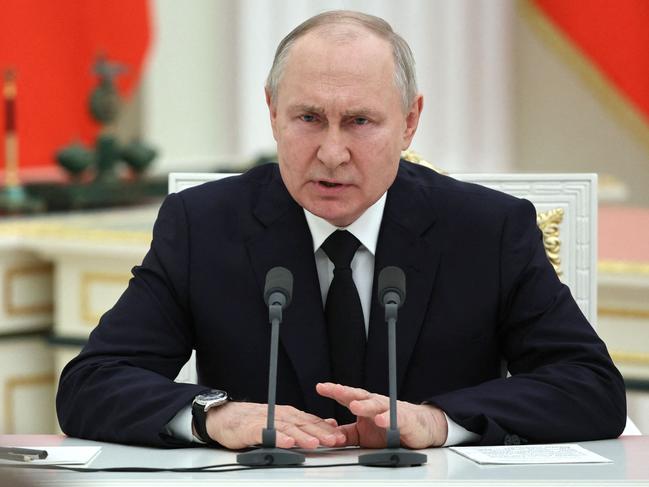
In recent years, the Prigozhin network has become the dominant force of Russia‘s presence in sub-Saharan Africa, potentially disrupting the fragile balance between Russian state actors and non-state entities on the continent.
However, it will take time for the dust to settle. Pauline Bax, the deputy director of the Africa program at the International Crisis Group, acknowledges that Wagner enjoyed a certain level of freedom in its African endeavours. Nevertheless, without co-operation with the Russian defence ministry, it is difficult to envision how the group can sustain its operations on the continent.
Nonetheless, Putin is unlikely to replace Wagner with Russian soldiers immediately, indicating that the group‘s withdrawal from the region is not imminent.
“It’s a mystery, and it depends on how (the Russian authorities) want to compartmentalise what’s going on in Africa and what’s going on everywhere else,” said Michael Shurkin, director of programs for the Africa-focused consulting firm 14 North.
“Russia might think that what they (Wagner) are doing in Africa is worth continuing because it serves Russians interests as well.
“It’s bad news for sure for the Malian and Centrafrican governments. No doubt about that.”
Originally published as The butterfly effect of Wagner group’s failed mutiny has severe implications for Russian influence abroad




